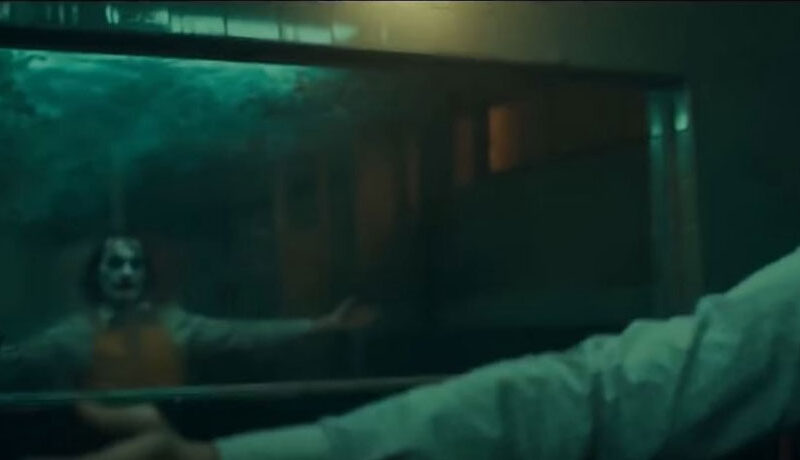How will TV affect our 3-month-old?
How will TV affect our 3-month-old? https://mediatrics.com/wp-content/themes/corpus/images/empty/thumbnail.jpg 150 150 Mediatrics Mediatrics https://mediatrics.com/wp-content/themes/corpus/images/empty/thumbnail.jpgQ: Our 3-month-old son stares at the TV intensely, like he knows what he’s watching. Are there any effects because he’s so young?
Media Mom in Philadelphia, PA
A: Dear Media Mom,
The intensity with which infants look at screens can certainly make it seem like they understand what’s going on, but unlike adults, they only see TV as a pattern of color, light, and dark. They can’t decode those images into representations of real life. So why does your son watch the screen so carefully? Because it keeps changing. You’re seeing evidence of what’s called the orienting reflex, which causes people to turn toward any change in their environments—whether it’s an ever-changing TV screen, a loud noise, or someone running by.
There are two effects of concern: First, this is an exceedingly important time in your son’s brain development. His brain will triple in volume in his first two years of life, creating billions of connections and getting rid of unnecessary ones. In order for his brain to develop in the best possible way, he needs to interact with other people, manipulate objects in his environment, and play in a way that lets him fully explore and solve problems in a creative. way. Electronic screens provide none of these experiences. Therefore, any time that he spends in front of a screen is valuable time that could be used for much richer brain-building activities—and in a 3 month old, who is likely sleeping for nearly 12 hours each day, any awake time is precious.
The second effect of concern is that what babies learn from screens is, mostly, how to watch TV. Early TV watching is linked to watching more TV later in life, and kids who watch more TV are more prone to all of the problems (like obesity, anxiety, depression, and sleep problems) research has shown are connected to TV exposure.
So I recommend replacing most, if not all, of your son’s TV time with activities that involve one of the three experiences that are best for your baby’s brain that I mentioned before. (As the father of two young kids, I know this can be difficult to do — here are a few ideas). Then his learning will focus on relationships, creativity, and the world around him–and that’s what babies need.
- Socializing with people – playing peek-a-boo or this little piggy
- Manipulating objects – throwing balls, exploring the textures of mud and water
- Problem solving – stacking blocks, using shape sorting toys
Enjoy your media and use them wisely,
The Mediatrician




